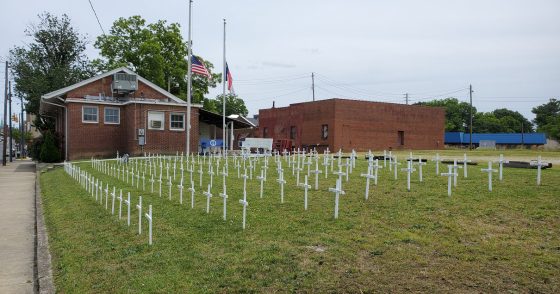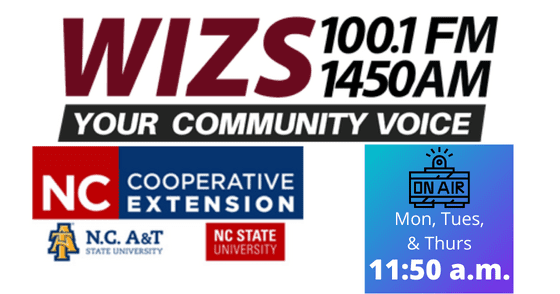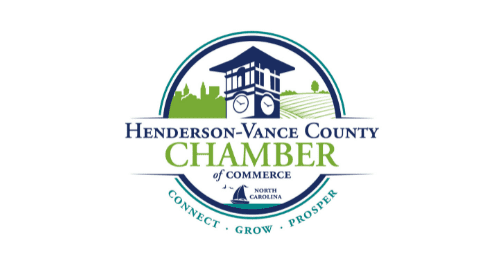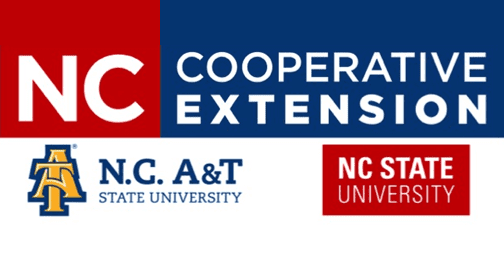To borrow a phrase from the Kerr-Tar Regional Council of Government’s Food Policy that was released in 2020, “food is big business.”
And even if you don’t happen to grow, harvest, transport, distribute or sell any type of food product, you at least eat. So food, indeed, is important.
This is the time of year that backyard gardens are bountiful – when’s the last time you had a juicy red slicing tomato? Unless you grew it yourself, got it from the local farmers market or farm stand, chances are it came from somewhere far away.
Charlie Robinette, with AmeriCorps North Carolina, has been working since last fall to strengthen what currently is considered at best a loose network to bolster the region’s food system.
The five-county Kerr-Tar region’s food policy lists six priorities to help the region establish a more cohesive and collaborative approach when it comes to creating a network for sharing resources about food. View the document here: https://www.kerrtarcog.org/wp-content/uploads/2021/02/Kerr-Tar-Regional-COG-Food-Policy-Final.pdf
Robinette oversaw five different listening sessions in the spring – one in each of the five counties represented by the KTCOG – and from those listening sessions, a 15-member Regional Food Council was created.
Robinette, a guest on Tuesday’s TownTalk, said more than 75 individuals participated and came up with about 200 examples of successes, 200 examples of challenges and had some ideas about what should come next.
The Regional Food Council has met a couple of times already and is planning to meet again next week, Robinette said.
Robinette said the food council’s focus right now is twofold: Increasing access to healthy local foods and also increasing market and capital for farmers.
Farmers want consumers to be educated about where their food comes from and what it takes to get produce and more from the field or greenhouse to the table.
But it’s important for those who have different roles in the food chain to at least have a working knowledge of the entire system, Robinette said.
One way to achieve that is to have a centralized location where anyone can find resources. There are plenty of resources in the region, but sometimes it’s difficult to find information.
“We shouldn’t be replicating efforts,” Robinette said. Rather, a centralized location can direct individuals to agencies that already provide the services they’re looking for.
The food policy identified five “milestones” along the path of creating a regional food system. The first two have been checked off – adoption of a regional food policy and creation of a regional food council.
The next milestone involves an assessment of all available resources, cataloging them and identifying gaps in service.
Learn more at https://www.kerrtarcog.org/wp-content/uploads/2021/02/KERR-TAR-COG-FOOD-POLICY-PRESENTATION.pdf
CLICK PLAY!

















